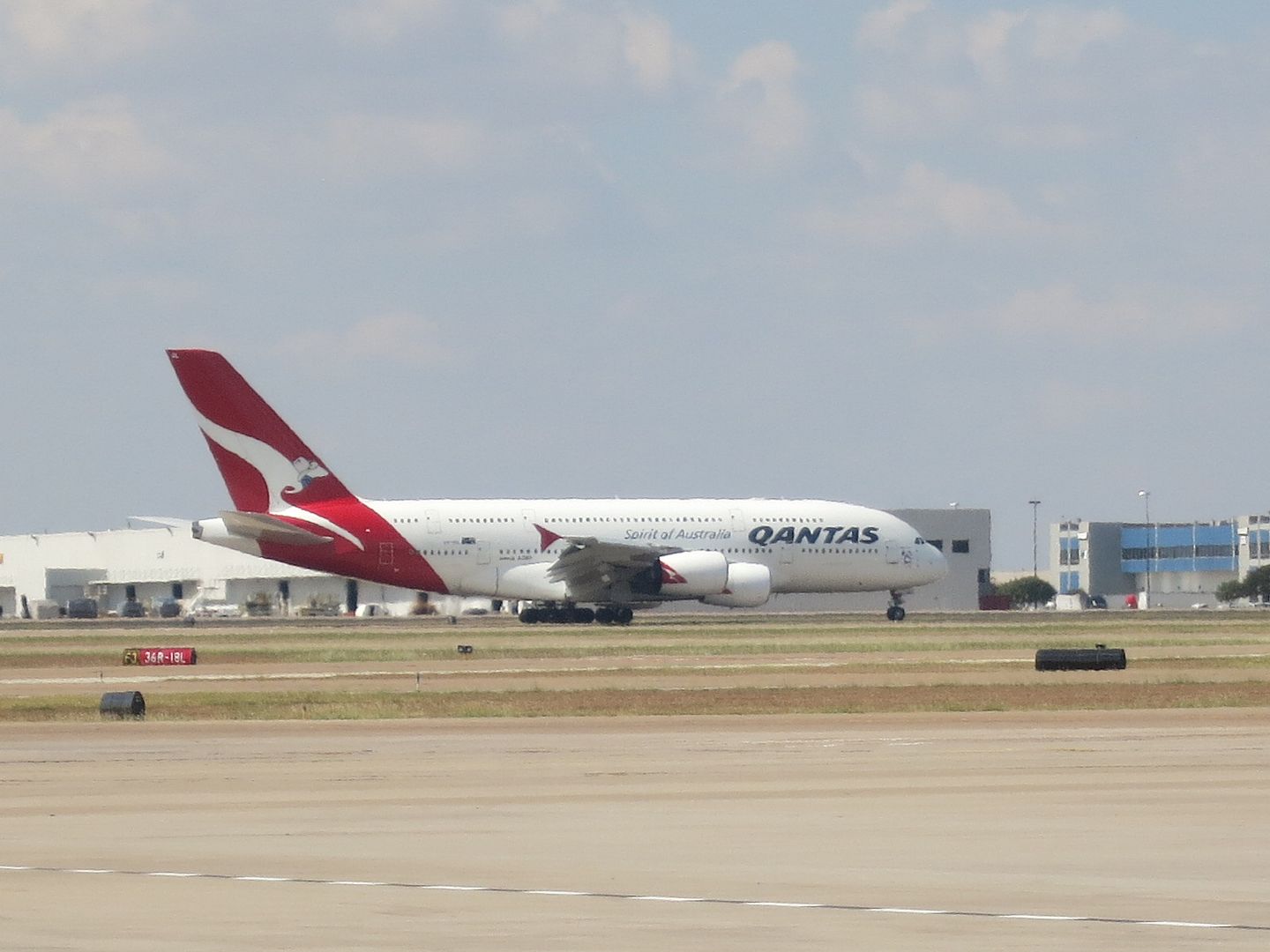News and notes from around the interweb:
- Alanis Morissette redoes Ironic to include Southwest Airlines

- Intercontinental hotels has acquired Six Senses after acquiring Regent, one imagines this goes down the same path as their Kimpton deal…
- It turns out Boeing has had some of its absolute best years without support from the Export-Import Bank that should cause Ex-Im supporters to question their priors, or at least revisit their arguments about why the federal government providing subsidies to big businesses was supposedly necessary.
- California’s new governor has gutted plans for a San Francisco – Los Angeles bullet train which was always a boondoggle. Here’s why the US will never have high speed rail.

- Southern Airways acquisition of Mokulele may fuel interisland Hawaii expansion (HT: Reid F.)
- You can no longer apply for a Marriott American Express personal card (the base consumer card is now the exclusive province of Chase) but there’s still a way to get it.

- An increasing number of Qantas frequent flyer members have 7 figure balances and one member earned 30 million points last year with credit card spend alone, which is such a shame given all the other better currencies to be earning.



@Gary, I would say that the person who earned 30 million Qantas points last year did it mainly on credit card spend, and that his spend was mainly via a business. This is great for him, great for the airlines, great for the banks, and great for people like you who promote credit cards, but I would argue that this (and other credit card spend – and sign up bonuses – by people in general) is the root cause of award point devaluation. The airlines love people like this and others who spend a lot on affiliated credit cards because they get income from the credit card companies by selling them points – lots of income, as you have pointed out over and over. Sometimes more income than actually flying airplanes. But the result is too many points chasing too few award seats. Think of the absurd logical conclusion that ever increasing credit card spend by customers (more and more and more) would eventually require that the airline offer every seat on the plane as an award seat, in order to keep the points for a free seat to stay the same. Without increasing the number of seats available – you get inflation (or devaluation of the points) as we are constantly seeing today. Theoretically, there is a point where enough credit card spend will cause so much inflation, that if the airlines don’t keep making more and more free seats available, the points currency would collapse. Honestly, I liked it better when points were only earned by flying. It was a fairer system (I’ll call it more “democratic”), and award seat prices stayed the same. And when they ran out of free seats on a flight, they ran out. I know we are never going back. The new system is much more lucrative for the banks, the airlines, and the promoters of credit cards. Call me a sentimentalist. In the old system of simply flying I could compete. In the new system, I can’t keep up, and if more and more people begin to feel as I do, that too will cause the points currency to collapse.
@Don, you have a thoughtful post, but others would differ on what “democratic” would mean in this context. If it means restricting award opportunities only to those who can afford to fly a lot at their own expense or who have an employer that foots the bill, that’s not really very democratic to me. It limits opportunity to the reasonably well to do or those in certain types of careers. I’m a sentimentalist too, but to me the value is that lots of ordinary people with lots of ordinary incomes and work experience (such as me) do have access to exciting trips now. One thing that has changed a lot of things both in the miles award space and for passenger experience in general is “capacity discipline” – there used to be a lot of empty seats flying around that airlines could easily offer; not so much now.
@DaveS, thanks. I put quotes around “democratic” because it means different things to different people. I guess I could have/should have used a different word.
“. . . which is such a shame given all the other better currencies to be earning”. No link? Correct me if I’m wrong but have you ever published an article about the “better currencies” for AUSTRALIAN-based FFs? Those of us Down Under are much more limited as to our earning opportunities, something your comment seems to be ignorant to. My guess is you have a fair number of readers from this part of the world so perhaps you could put your money where your mouth is.